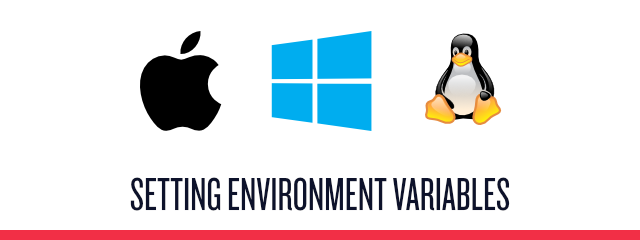College Students Change The Hackathon Game At PennApps
Time to read:
This post is part of Twilio’s archive and may contain outdated information. We’re always building something new, so be sure to check out our latest posts for the most up-to-date insights.


But tucked away from this fanciful hubbub in the hallway of a building in the school of engineering, 200 students from every major computer science program across the Eastern Seaboard were heads down into their laptop screens, stone-faced in concentration and eerily quiet. While their peers made merry in those first few weeks when the semester is still young, this remarkable set of builders were hard at work at PennApps Data, the fall installment of the hackathon run by students, for students.
A Handful of Undergrads Change The Game
Now the fourth installment of the popular developer competition, PennApps featured the kind of expert execution and enthusiasm that we who do this for a living only pray to attain. Organized by a small group of engineering students including Alexey Komissarouk, Ayaka Nonaka, Pulak Mittal, Jonathan Leung and a few more, these kids are showing the Internet how hackathons should be done.
Nearly entirely on their own, the PennApps organizers lined up three meals a day and snacks a plenty across the entire 48 hour hackathon. They coordinated security for the building and lobbied faculty and the provost for building space. They raised a huge prize purse with many additional category awards – 14 in all totalling almost $10,000. And they funded it all through their own sponsorship sourcing, attracting big corporations like Microsoft, Comcast, and Yahoo! as well as startups like Venmo, Tumblr and Twilio.

Caffeine came early and often, with organizers rolling up and down the hall with energy drinks and coffee. Periodic pump-up giveaways kept the participants awake through the night with the best prizes saved for 6am. What kind of prizes? Only those who were up at 6am found out. And if that wasn’t enough to keep the crowd wide-eyed and coding, the PennApps tradition of a late night run for some local fast food certainly did.
Impressive Production
The crack PennApps organization inspired impressive production. In 48 hours, the participants built and demoed 41 different hacks. All showed a remarkable amount of polish for any hackathon, let alone one dominated by undergraduates. Winners included:
- The Twilio Audience Choice Award: BeerSnob – a slick beverage recommendation app.
- The Interactive Media Group Best Business Potential Award: Konexin – a dead simple Twilio-powered app for keeping track of your contacts over SMS.
- Most Creative: SlamWhale – A fun tool to generate automated poetry from tweets.
- Third Place Overall: PennMeet – A Bump-powered mobile app to “take the suck out of club list-servs.”
- Second Place Overall: CourseGrapher – A visual tool for navigating the quality and difficulty of Penn courses.
- Grand Prize: µWave – an Arduino-controlled microwave that plays YouTube videos and tweets or texts you when it is done.
[youtube]https://www.youtube.com/watch?v=X5quQ_nnKFQ[/youtube]
We’d like to extend a huge thanks to the organizers of PennApps for allowing us to be a part of this great student-run hackathon. We had a blast and can’t wait to participate next year!
Related Posts
Related Resources
Twilio Docs
From APIs to SDKs to sample apps
API reference documentation, SDKs, helper libraries, quickstarts, and tutorials for your language and platform.
Resource Center
The latest ebooks, industry reports, and webinars
Learn from customer engagement experts to improve your own communication.
Ahoy
Twilio's developer community hub
Best practices, code samples, and inspiration to build communications and digital engagement experiences.


